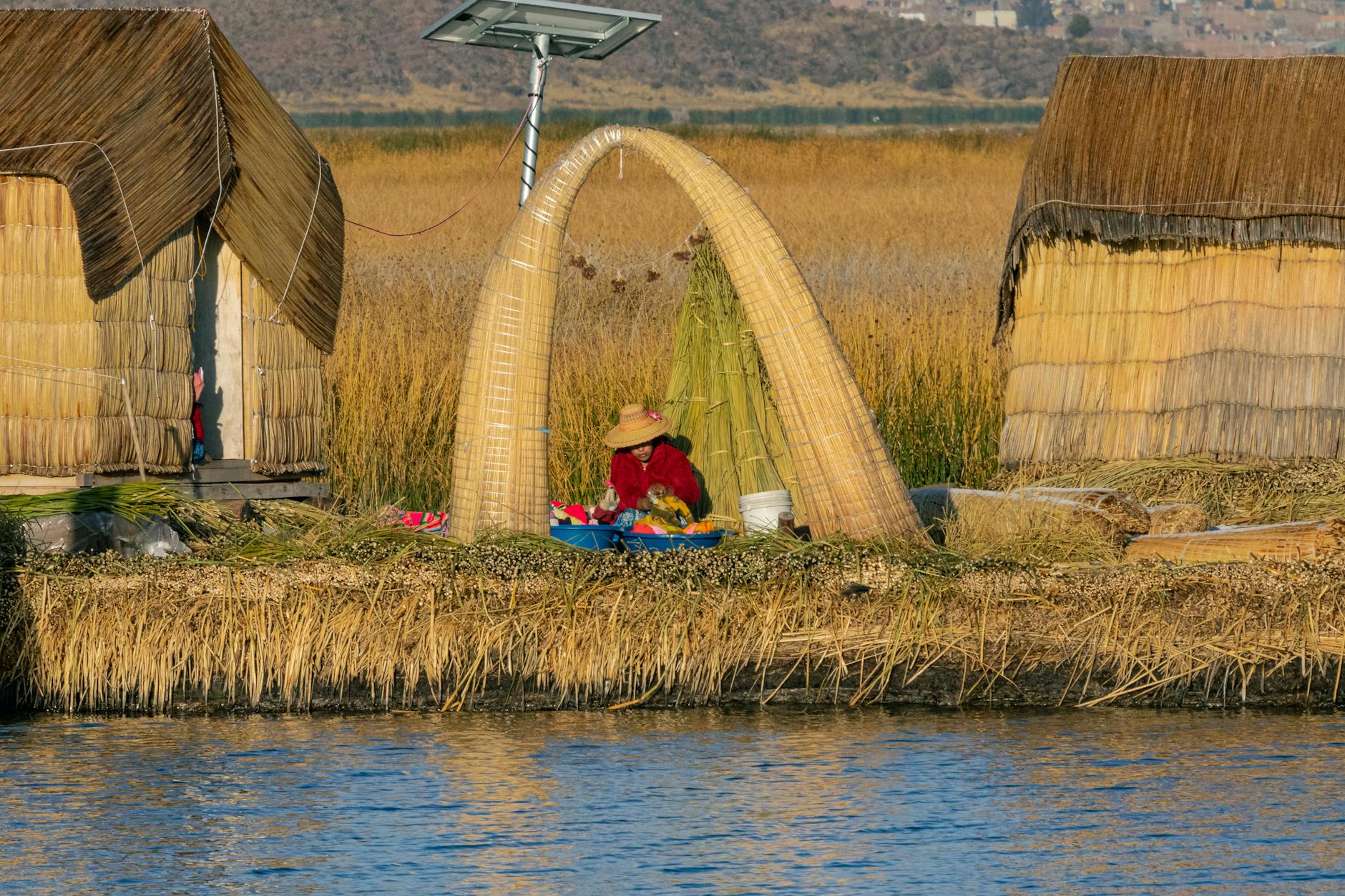In today’s rapidly evolving digital era, the tourism landscape is witnessing a transformation, driven by the power of digital storytelling. The ability to harness technology for sharing narratives is becoming crucial in promoting sustainable tourism, empowering local communities, and preserving cultural heritage. In a recent UNESCO webinar, industry experts discussed how digital storytelling can be a potent tool for community empowerment within sustainable tourism frameworks.
The Significance of Sustainable Tourism
Sustainable tourism is not just a trend but a necessity in our quest to protect natural and cultural assets for future generations. It goes beyond minimizing environmental impact; it encompasses the economic and social well-being of host communities. According to UNESCO, sustainable tourism engages and benefits local cultures and economies while protecting the environment. Learn more about UNESCO’s view on sustainable tourism.
Why Digital Storytelling Matters
Digital storytelling is an innovative approach to narrating captivating stories through multimedia tools. From video blogs and podcasts to social media content, these narratives are easily shared across digital platforms, reaching a global audience. Here’s why digital storytelling is pivotal for sustainable tourism:
- Amplifies Local Voices: Digital platforms provide a voice to local communities, allowing them to share their unique stories, traditions, and perspectives.
- Preserves Cultural Heritage: By documenting and sharing stories, communities can safeguard their intangible heritage for future generations.
- Engages Global Audiences: Compelling storytelling can grab the attention of travelers worldwide, encouraging cultural exchange and appreciation.
Community Empowerment Through Technology
One of the key takeaways from the UNESCO webinar was the profound impact of technology on community empowerment. With the availability of digital tools, local populations can participate actively in tourism initiatives. Here’s how:
- Skills Development: Training locals in digital storytelling can equip them with skills to create content that showcases their heritage.
- Economic Opportunities: Through storytelling, communities can attract tourism, leading to increased economic benefits such as job creation and business development.
- Inclusion and Representation: It ensures that local narratives are told by those who live them, fostering authenticity and representation.
Success Stories: Real-World Impacts
Several communities worldwide have successfully utilized digital storytelling to enhance their tourism potential:
- Bali’s Cultural Narratives: Local artisans and cultural performers in Bali have used platforms like YouTube to share their art, drawing international tourists interested in immersive cultural experiences.
- Kenya’s Maasai Mara: By creating digital content about the Maasai way of life, the tribe has attracted tourists and raised global awareness about their cultural practices.
- Indigenous Australian Tours: Indigenous Australians are crafting digital stories to share their unique perspective on the land and history, offering tours that emphasize cultural stories.
Challenges and Opportunities
Challenges in Implementing Digital Storytelling
While digital storytelling offers numerous benefits, there are challenges to consider:
- Access to Technology: Not all communities have access to the necessary technology or internet connectivity to participate in digital storytelling.
- Overcoming Language Barriers: Language can be a barrier to reaching a global audience; hence, translations and subtitles are often needed.
- Maintaining Authenticity: There is the potential risk of commercialization overshadowing authentic cultural narratives.
Opportunities for Growth
While challenges exist, so do opportunities:
- Partnerships with Tech Firms: Collaborating with technology companies can provide necessary resources and training for communities.
- Promotion of Authentic Experiences: Digital storytelling can help promote authenticity in a market flooded with commercialized experiences.
- Environmental Advocacy: Stories can also highlight conservation efforts and encourage responsible travel behavior among tourists.
Conclusion: The Way Forward
The conversation initiated by UNESCO in their webinar underscores the transformative potential of digital storytelling in the realm of sustainable tourism. By embracing technology, communities can share their rich cultural tapestries with the world. As we move forward, it is essential for stakeholders to facilitate access to digital tools, provide training, and promote inclusive platforms for storytelling. Only then can the true power of digital storytelling be harnessed to foster community empowerment and sustainable tourism.
To explore further insights into the role of digital storytelling in sustainable tourism, visit the UNESCO article.





